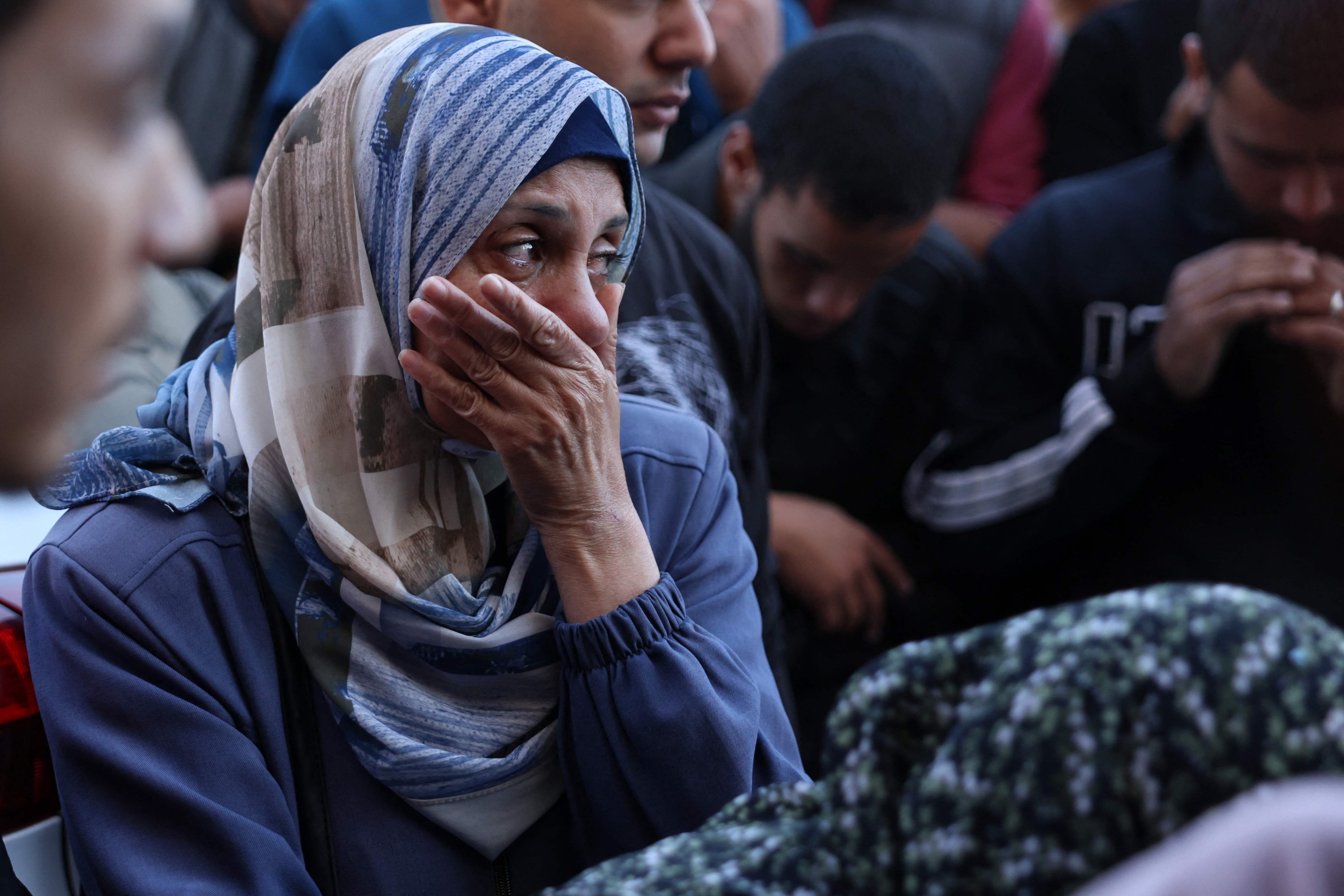© Turkuvaz Haberleşme ve Yayıncılık 2024
For the first time, Pope Francis addressed allegations of Israel's ongoing genocide of Palestinians in Gaza, calling for further investigation into whether Israel’s actions meet the definition.
His remarks were published in excerpts from a forthcoming book, "Hope Never Disappoints: Pilgrims Towards a Better World," marking his most direct statement yet on the year-long Israeli bombardment of Gaza.
"According to some experts, what is happening in Gaza has the characteristics of genocide," the pope wrote in excerpts published Sunday on the front page of Italy's La Stampa.
"It should be studied carefully to determine whether (the situation) corresponds to the technical definition formulated by jurists and international bodies," he added.
The Argentine pontiff has frequently condemned the number of victims of Israel's operations in Gaza. According to Gaza's Hamas-run Health Ministry, the death toll stands at least 43,846.
However, this marks the first time Francis has publicly used the term genocide – without endorsing it – in the context of Israeli military operations in the Palestinian territory.
Israel's Vatican Embassy defended its actions on X, with Ambassador Yaron Sideman asserting Israel's right to self-defense against threats from multiple fronts.
On the pope's account on X Sunday, he wrote: "Let us #PrayTogether for peace: in martyred Ukraine, in Palestine, Israel, Lebanon, Myanmar, and Sudan. War dehumanizes, leading us to tolerate unacceptable crimes. May leaders listen to the cry of the people who long for peace."

The pope’s book is set for release Tuesday in Italy, Spain and Latin America, with other editions to follow.
On Thursday, a United Nations special committee judged Israel's conduct in Gaza "consistent with the characteristics of genocide," accusing the country of "using starvation as a method of war."
Its findings were condemned by Israel’s key ally, the United States.
This is not the first time Israel has faced genocide accusations since the war began.
South Africa brought a case before the International Court of Justice with support from several countries, including Türkiye, Spain and Mexico.
